As a young boy, he already gained attention with his especially beautiful Qu’ran recitals. A child of turbulent and insecure ages, he lived through the Iranian revolution at the age of seven, and half a decade later he started to learn to sing on a professional level. Nothing could stop him since then: Alireza Ghorbani became a soloist of the National Orchestra in his homeland, a true master of singing techniques, even hard ones. He has produced nineteen albums and is known outside of Iran as a promoter of classical Persian songs. What will this special artist bring to his Budapest concert? I asked him some questions about it…
You work with the lyrics of Persian love songs and mystic Sufi poems. Do these require different skills of music and rhythm?
For a professional iranian singer and vocalist, there is little difference between the skill and technique of singing Iranian and Sufi poetry that with Experience and practice can be mastered in both ways.
Who were your main inspirations or mentors at the start of your career? What did you learn from them?
Since the beginning of teaching and learning Persian vocal music, I have had various teachers, it’s hard to name them all. (Editor’s note: on the internet we still find some prominent names, like Farhad Fakhreddini, founder of the National Orchestra in Iran, or composer-professor Hossein Omoumi, or composer Ali Tajvidi.) Some of them already passed away and each of them has inspired and influenced me as an artist and enthusiast in learning Persian singing, and the fundamentals, skills, and techniques of Iranian classical singing. So they taught me a lot.
Omar Khayyam, Rumi, Abolkhayr, Saadi Shirazi, and Hafiz all lived a long time ago. What makes their works still so alive today? What do you think of the way they speak about their feelings and experiences from a contemporary point of view?
In my opinion, all these great and famous poets that you mentioned are still quoted because they talk about the moral roots of humanity and always talk about different forms of love, nature, human behavior, love and respect for each other, and their poetry is still alive and well. It won’t ever get old and can be used for music anytime.
You bring a whole band of musicians and instruments to accompany you. What exactly are these instruments? How is the work going with the other musicians?
In many of concerts and music festivals around the world, due to financial constraints, we only use a limited number of Iranian musicians and instruments. This time, I bring three musicians who play on three instruments: kamancheh, tar, and percussions. Various pieces are either new compositions or used in the traditional repertoire of traditional Iranian music, and this group of musicians arrives in preparation for a concert with several times of rehearsals together.
Your concert will also feature contemporary poetry: works of Mohamed Reza Shafie Kadkani and Fereydun Moshiri. Some of our readers, unfortunately, don’t know them – can you introduce them a bit?
As you mentioned, they are contemporary poets who have presented new poetry style and new poems that I and other musicians compose on their poems and we sing and play occasionally improvise their poems.
If you could only pick one, what is your favourite of all the songs you sing? Why?
The question is difficult and I have no definite answer because I have never had to choose just one song, one poem, or one particular music. I love all kinds of poems, music.

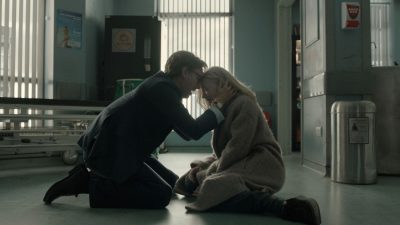

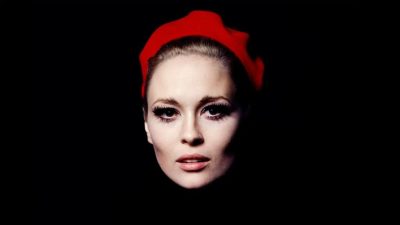

















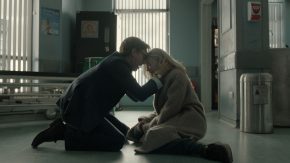

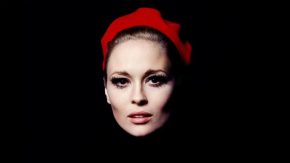

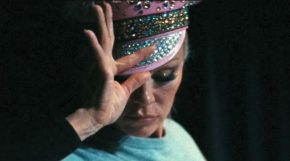
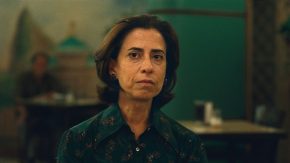
Comments